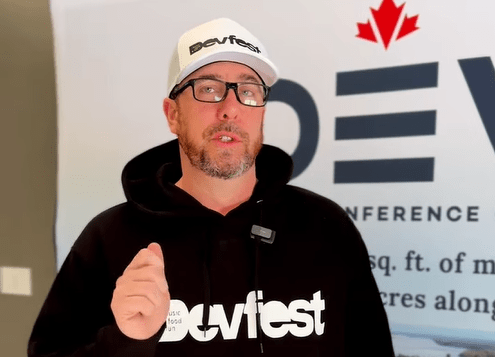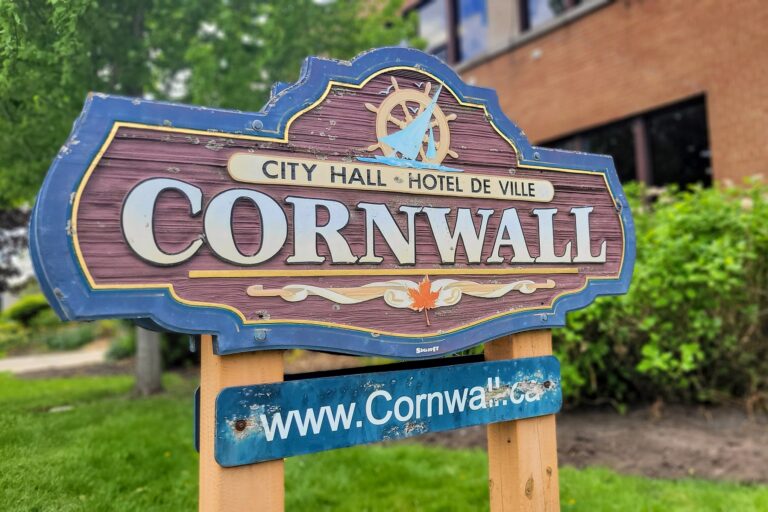
The fast-changing world of the job market makes the idea of a lifelong career in a single company rare. At some point, professionals like you face challenging and uncertain career transitions, whether by choice or due to circumstances beyond their control.
This is where a personal coach becomes valuable. Personal coaches help you navigate the newness of a career change to ensure a smoother transition from the old job to the new one.
Why Do People Change Jobs?
Personal, professional, and industrial reasons are some of the motivators for changing jobs. Here’s an in-depth look into reasons for changing professions:
- Job Dissatisfaction: When people don’t feel fulfilled or inspired by their work, they go elsewhere to find a career that aligns with their passion. Boredom can also play a role, especially when employees aren’t challenged with their tasks.
- Desire for Career Growth: Getting stagnant in a job is frustrating. That’s why people look for another job to try new things and use their skills to the fullest.
- Major Life Changes: Relocation, marriage, and starting a family urge people to find a new job to accommodate their new setup.
- Financial Security: Finding better career prospects is the best solution if the employee’s earnings don’t sustain their lives and those they support.
- Industry Changes: New emerging technologies can alter the course of the job market. As new technologies emerge, people will want to try better opportunities to adapt to these changes.
- Work-Life Balance: Some jobs are physically, emotionally, and mentally taxing. People look for a better job to reduce their stress levels and get better rest while giving their best at work.
- Autonomy: Some people want to quit their jobs to build a business where they can be the boss. Some also want to pursue a passion different from their previous role.
- Moral Conflict: If the job goes against the employee’s morals, the employee will find another one that aligns with their beliefs.
- Long-Term Goals: If the person has retirement plans, they will take on lesser demanding jobs as time goes by to use their skills as they age.
What a Personal Coach Can Do
If you find yourself at a crossroads with your career, a personal career coach can help you:
Understanding Career Transitions
Career transitions come in many forms, such as changing industries, taking a different role in the same field, or building your own business. Each transition has its challenges and opportunities. Personal coaches can be your career transition coach as you undergo massive changes.
Clarifying Goals and Vision
You can’t be sure which direction to take when changing careers. The first step that your personal coach will take is to ask about your long-term career goals. They will:
- Explore your passions and values in life.
- Let you do reflective exercises and ask questions about where you see yourself in the coming years.
- Understand your answers and turn them into a clear vision.
Once they lay out your goals with a clear vision, you can feel confident that you can move forward with a determined spirit.
Identify Strengths and Skills
Sometimes, when you quit your job, you may need help understanding your skills and strengths. Personal coaches work with you to put your unique talents in the spotlight. They’ll assess your past experiences and accomplishments and build it up. You can incorporate your newly identified skills to stand out from potential employers in your job search strategy.
Overcoming Limiting Beliefs and Fears
Career transitions often limit your beliefs and make you afraid of failure and self-doubt. These mental barriers block your career growth.
A good career or personal coach can help you overcome these obstacles. They’ll reframe your negative thoughts and use positive reinforcement to build a resilient mindset. Through positive affirmations, you can stay motivated to achieve your goals.
Crafting a Strategic Plan
Personal coaches can take career coaching seriously. After identifying strengths and reinforcing positive thoughts, they will develop a strategic plan for you. This may be where most of the work of the coaching process comes from.
Their roadmap outlines actionable steps to achieve professional and personal development. These include training, further education, updating LinkedIn profiles and resumes, and gearing up for interviews. This plan provides a clear direction for your career change, career path, and personal growth.
Networking and Building Connections
Personal career coaches stress how important it is to build professional connections. They’re handy for looking for opportunities in your field of work as you change careers. By forming a robust network, you can gain insights from industry leaders and apply for job opportunities that align with your skills. You might even stumble upon a life coach who can give life coaching services when you need them.
Enhancing Interview Skills
Honing your interview skills can be a part of a personal coach’s career coaching services. They will help you prepare and practice for the interview through mock interviews, feedback on responses, and teaching new techniques. You’ll also learn how to handle difficult questions and manage anxiety to present yourself to employers confidently during interviews.
Providing Ongoing Support and Accountability
Setbacks are part of your career development process. Your personal coaches will still support you and keep you accountable and resilient throughout your career journey. Regular career transition coaching sessions with your good career coach are an opportunity to discuss progress, address challenges, and celebrate achievements.
Final Words
A personal coach can become a trusted partner and offer practical advice for getting through career transitions. They help clients regain their confidence and a clear plan for their future and guide them toward their end goals. Their continuous support makes clients commit to their goals, even if it’s challenging.
If you want to make massive changes in people’s lives, be a certified professional coach and enroll in a coaching program that hones your skills to the next level. After finishing the program, you can integrate what you learned into organizations and your coaching business. These programs offer practical coaching lessons that address client and team needs.













